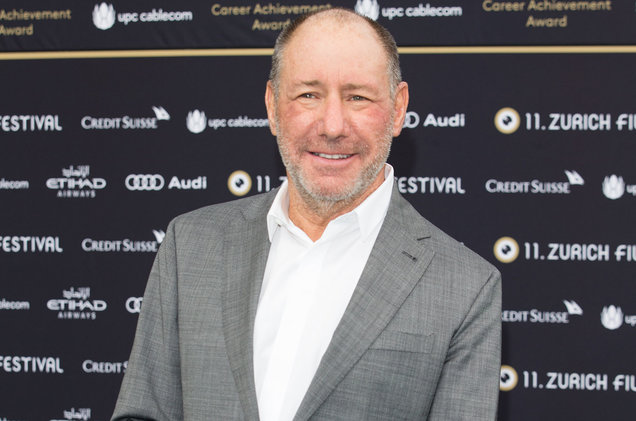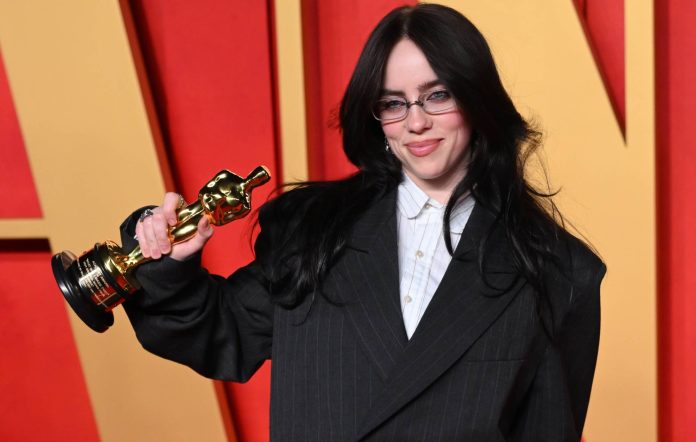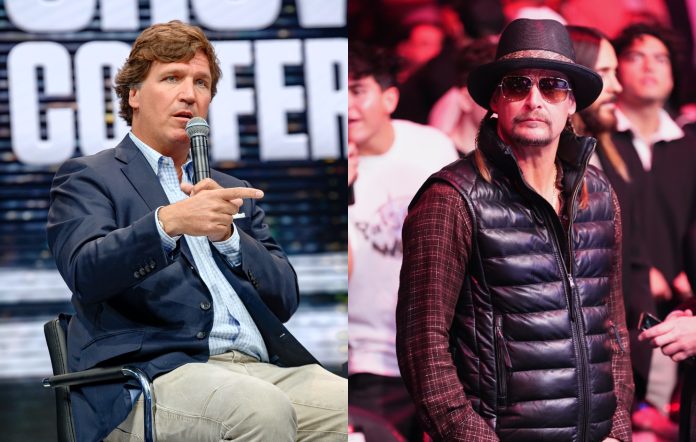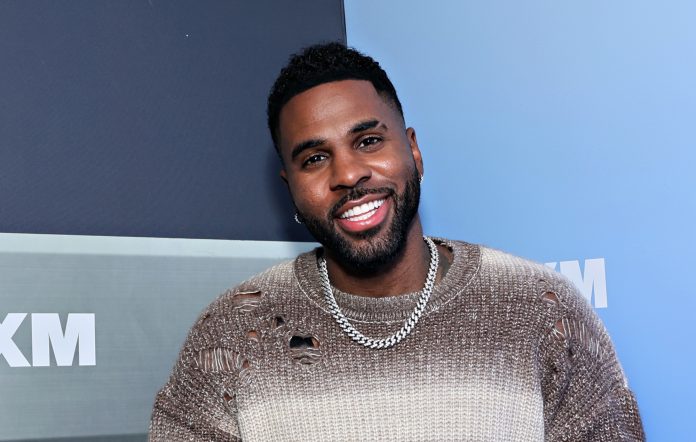He was 64.
As one of the industry's most decorated producers, the genial Golin took home two top trophies at the Golden Globes in 2016: for best dramatic film (Alejandro G. Inarritu's The Revenant) and best TV drama (Mr. Robot). In a sign of how prolific he was, The Revenant beat out his eventual Oscar winner Spotlight that year.
The avid pop art collector (his office contained vintage copies of Interview magazine with covers photographed by Andy Warhol) also was nominated for best picture for Inarritu's Babel (2006) and The Revenant. He won the Palme d'Or for David Lynch's Wild at Heart (1990) and produced other quirkily iconic films like Being John Malkovich (1999), directed by Spike Jonze, and Michel Gondry's Eternal Sunshine of the Spotless Mind (2004).
He also produced such crowd-pleasers as the Adam Sandler-Drew Barrymore comedy 50 First Dates (2004).
Steven Golin was born on March 6, 1955. The son of a biochemist, he met President Kennedy during a second-grade trip to Washington.
After graduating from Ramapo High School in suburban Rockland County, New York, Golin honed his aesthetic while studying photography at NYU in the 1970s, then headed west to attend AFI (class of 1981). He and fellow AFI alum Joni Sighvatsson then produced the straight-to-video flicks Hard Rock Zombies and American Drive-In, both released in 1985.
A year later, Golin and Sighvatsson launched Propaganda Films, which became the world's largest production company for music videos and commercials at the height of MTV's golden era. With a keen eye for talent, he was credited with launching the careers of Jonze, David Fincher, Michael Bay, Antoine Fuqua and Simon West.
Golin and Sighvatsson sold 49 percent of the company to backer PolyGram in 1989 and their remaining 51 percent three years later. After producing such films as Jane Campion's The Portrait of a Lady (1996) and Fincher's The Game (1997), Golin left the company in 1999 after PolyGram was acquired by Seagram, freeing him up to create Anonymous Content that year.
With the music industry retracting but the home video market booming, Anonymous became the place for edgy auteurs like Steven Soderbergh and later Cary Fukunaga to make forays into major studio films. The management firm also built an enviable roster of in-demand actors and actresses; today, the Culver City-based company boasts a staff of some 70 employees and a client list that includes Emma Stone, Samuel L. Jackson and Alfonso Cuaron.
Anonymous also became a pioneer in packaging such TV hits as HBO's Emmy-winning drama series True Detective, USA Network's Mr. Robot and George Clooney's Catch-22 for Hulu. Other Anonymous shows that Golin executive produced included Netflix's 13 Reasons Why and TNT's The Alienist.
TV became an extremely lucrative side of Anonymous' business, and its philosophy was copied by other Hollywood management companies. "We're just trying to capitalize and playing to what our strengths are," Golin told THR in 2013. "And right now it's fortunate, because with the list of people that we represent and the taste and the experience that we have, it makes sense to go into this."
Although he had two high-profile films screening at the 2018 Toronto Film Festival — Boy Erased and Outlaw King — as well as client Cuaron kicking off the awards season with a spectacular reception for Roma, Golin made only a brief appearance at the event.
He survived a bout with a rare form of bone cancer (he lost his left shoulder blade as a result) more than a decade ago. Survivors include his son, Ari, and daughter, Anna.
In 2016, Golin told THR that he was happiest when he was at sea, even if the pursuit filled him with some regret.
"A little more than a year ago, I bought a small sailboat, a sleek little French boat," he said. "Every single thing they say about boats is true. It's a nightmare. It's literally just ripping money up. I don't have a lot of extravagances, but that's one. I wanted a sailboat my whole life. I really enjoy it while I'm on it, but the thing that's the most upsetting is when I add up how much it costs every time I use it. It's just the dumbest thing you can do."
This article originally appeared on The Hollywood Reporter.








